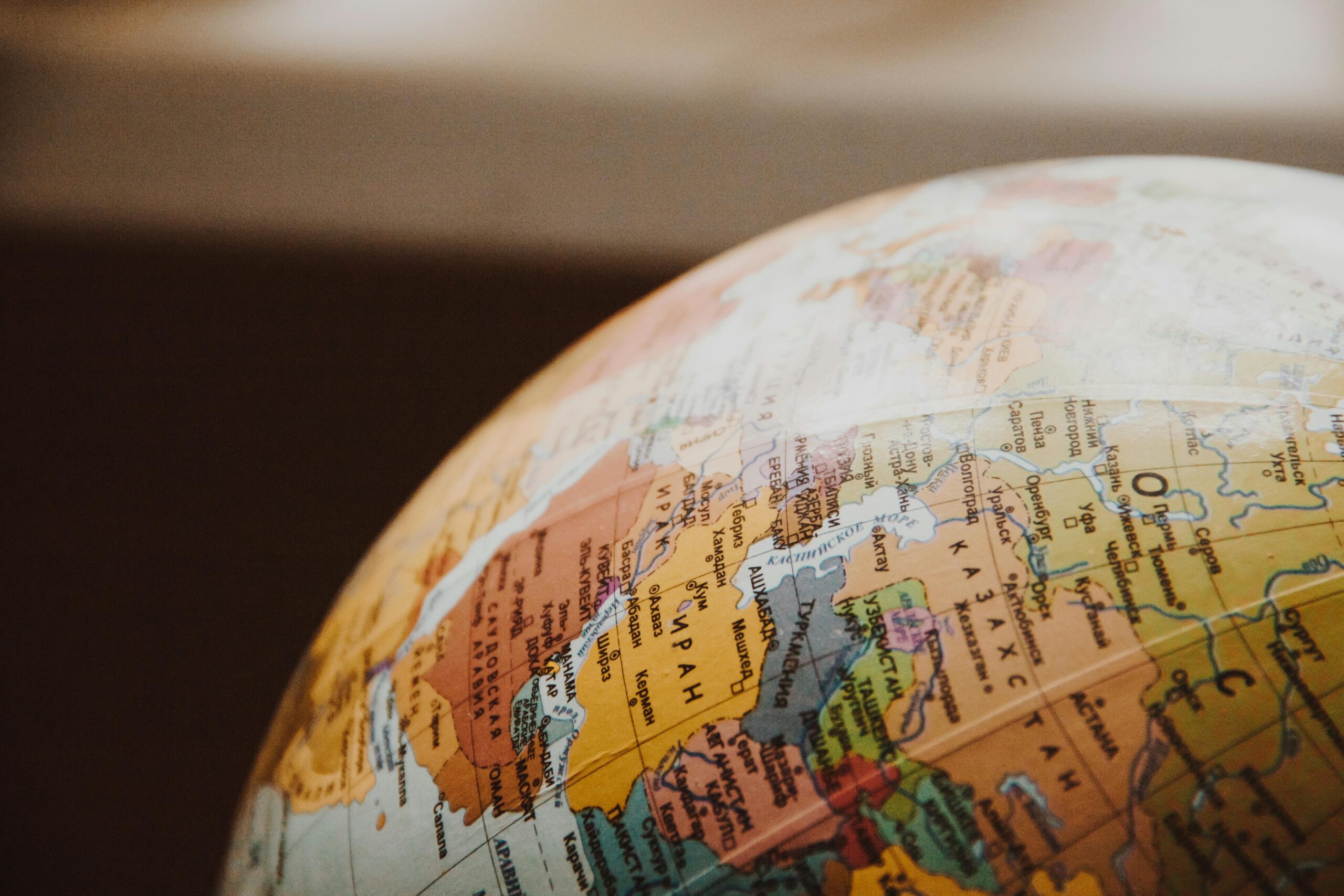
The global bioweapons regime stands at a pivotal point where collaboration or conflict can determine the future of bioethical standards and international security. A recent sign pointing toward conflict is the North Atlantic Treaty Organization’s Biotechnology and Human Enhancement Technologies Strategy, which singles Russia as a bad actor. Such an approach not only risks reinforcing the geopolitical divide but also reduces the chances of cooperation on shared ethical standards for novel biotechnology. As international tensions rise, particularly regarding Russia, there is a pressing need to distinguish between the actions of the Russian regime and those of its scientific community. Failing to make this distinction risks alienating a vital group of scientists and bioethicists who, despite operating under restrictive conditions, demonstrate a commitment to ethical principles and international cooperation. Conflating the Russian scientific community with President Vladimir Putin’s regime is counterproductive to global bioethics and biosecurity. It ultimately undermines the potential for meaningful international cooperation on pressing ethical issues in biotechnology and human enhancement.
One of the most compelling reasons why Putin should not be conflated with the Russian scientific community is the persistent effort of Russian scientists and bioethicists to resist regime narratives. While Putin has made inflammatory claims about the “purposeful and professional” development of “ethnic biological weapons” targeting Russians, Russian geneticists have actively countered these assertions. For example, Oleg Balanovsky, Head of the Laboratory of Genomic Geography at the Vavilov Institute of General Genetics, publicly refuted the notion that the collected biomaterials could be used for harmful, ethnically targeted purposes. This pushback is also reflected in publications like the Bulletin, “In Defense of Science,” where the Commission for Combating Pseudoscience within the Russian Academy of Sciences clarified that Russia’s collection of genetic material is intended solely for research and biomedical purposes. Such statements highlight Russian scientists’ commitment to scientific integrity and transparency, even when doing so contradicts official state rhetoric.
Research ethics in Russia are already weak. Since the establishment of bioethics as a field after the collapse of the Soviet Union, efforts to align ethical standards with Western guidelines—primarily driven by the pharmaceutical industry seeking to expand clinical trial enrollment in Russia—have largely succeeded only within the context of international clinical trials, most of which have not been initiated as major pharmaceutical players and have left the Russian market since Russia’s invasion of Ukraine. Ceasing critical clinical trials in areas such as oncology has left patients without essential treatments, amplifying the importance of engaging with Russian scientists to safeguard public health.
Furthermore, Russian scientists have been largely excluded from cooperation in international research, further marginalizing them from global discussions on ethical standards in advanced technologies. Such isolation not only limits their ability to uphold ethical standards within Russia but also jeopardizes the global exchange of ideas that could enhance ethical frameworks worldwide, including bioethics. As noted in the article “Bioethics Must Address War as a Public Health Crisis,” the international bioethics community is responsible for addressing the ethical challenges posed by modern conflicts.
Promoting collaboration with Russian bioethicists aligns with this mission by bridging divides in a fraught geopolitical environment where isolation exacerbates ethical, scientific, and human rights challenges. In her report to the United Nations, Mariana Katzarova, the UN Special Rapporteur on Human Rights in the Russian Federation, highlighted a disturbing rising trend of abuse, including discrimination and violence against LGBTQ+ persons and cultural minorities. This is compounded by restricted international oversight and Russia’s isolation, leaving vulnerable populations without the protection and scrutiny of human rights mechanisms. This environment threatens the integrity of scientific and bioethical standards in human subject research and development, highlighting the need for global solidarity with Russian scientists and bioethicists who remain steadfast in their support of science.
Additionally, Russian scientists experience internal pressure to limit their collaborative efforts. Valery Falkov, the Russian Minister of Education, announced that scientific schools should no longer prioritize publications indexed in major international databases. This further heightens the risk of pushing Russian scientists toward a more insular, state-controlled approach to research and development, isolating them from international bioethics discussions and collaborative biotechnology research. Consequently, isolating Russian scientists through international efforts may undermine their independence and push them further toward state-driven agendas.
This isolationist trend could foster environments where ethical lapses go unchecked, increasing the likelihood of bioethical violations or security risks in biotechnological research. In light of the rapid advancements in biotechnology, which could pose significant biosecurity threats if mismanaged, maintaining a collaborative approach with Russian scientists is essential for monitoring and mitigating these risks.
The historical precedence set by nuclear scientists during the Cold War further underscores the value of engaging scientists from opposing sides of the geopolitical divide. Organizations such as the Pugwash Conferences have demonstrated that scientists could be influential in fostering dialogue and developing frameworks to responsibly manage technology. Similarly, Western bioethicists and international institutions should encourage scientific camaraderie and mutual support. In doing so, they can strengthen the global bioethics landscape and create pathways for Russian scientists to challenge unethical policies, ensuring that bioethical standards are upheld, even in authoritarian settings.
In conclusion, conflating Russia’s scientific community with Putin’s regime undermines the ethical, practical, and historical lessons necessary for navigating the current biosecurity landscape. By promoting collaboration and refusing to stereotype Russian scientists based on national politics, the global community can foster science-driven dialogue that supports ethical standards in biotechnology. Western bioethicists and institutions should lead in facilitating this inclusion, ensuring that international bioethics remains robust and unified against the challenges of the 21st century.
Karolina Zhukoff , MA is an attorney licensed in Russia and New York and a recent graduate of the Master’s in Bioethics program at the University of Pennsylvania